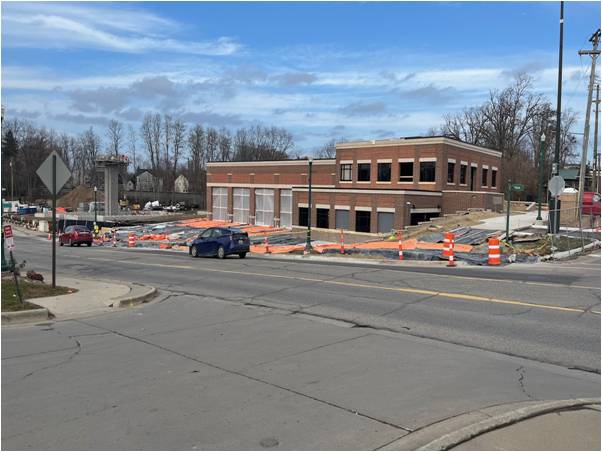Discover how Katharine Dexter McCormick saved and restored Gordon Hall in Dexter, Michigan. Learn about its history, preservation efforts, and community impact.
Editor’s Note: Katharine Dexter McCormick, the granddaughter of Dexter’s founder, Samuel Dexter, was born on August 27, 1875, in Dexter in Gordon Hall. During her life, she made a significant impact on women’s equality in the areas of suffrage, birth control, and education. To commemorate the life of one of our own on the 150th anniversary of her birth, the Dexter Area Historical Society has written a series of articles to share her amazing story with you. This third article in the series tells of her connection to Gordon Hall
The story of Katharine Dexter McCormick continues with the help of some local officials and citizens. But first, a quick history of Gordon Hall, which was built between the years 1841 and 1843, not only as a new home for the family, but also as a place where Judge Dexter could become a farmer, as he always wanted to be. The former family home, built in 1826 on what is now Huron Street, was too close to the area that he had given for the construction of the railroad.

Located on a hill overlooking the Village, the majestic Greek Revival mansion served as a home for the Samuel W. Dexter family until the last Dexter family resident, Millicent Bond Dexter, died in 1899. Gordon Hall was then sold to Thomas Birkett, a local mill owner who purchased it to “help preserve the hall”. After his death in 1916, the hall was sold to Dr. Charles C. Crumrine, Sr. of Detroit. He contacted Emil Lorch, the Dean of the UM School of Architecture, seeking help in the restoration of the hall.
Crumrine’s vision was to restore the property and retire there. Many repairs were made, and by 1919, he had moved in and had a working farm. Illness forced him to go to Battle Creek, where he died in 1926. His son, Charles C. Crumrine, Jr., inherited the hall, but a provision in his father’s will required him to wait until he was 40 years old to sell the property. So in 1939, the property was sold to Katharine Dexter McCormick. There is no proof that Katharine actually came here; the papers were signed in Chicago, where she was busy dealing with the death and affairs of her mother, Josephine Moore Dexter, who died in 1937.

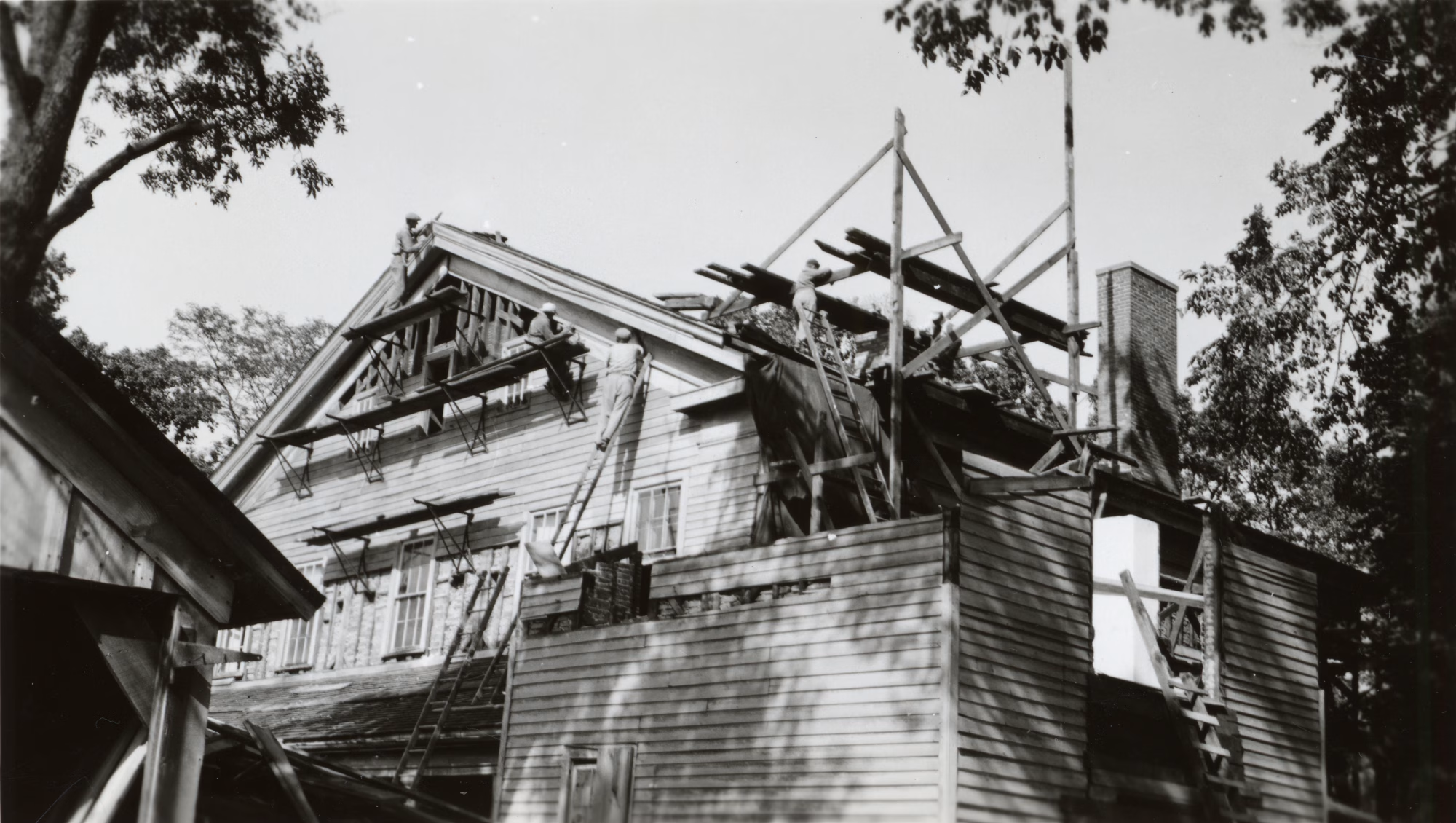
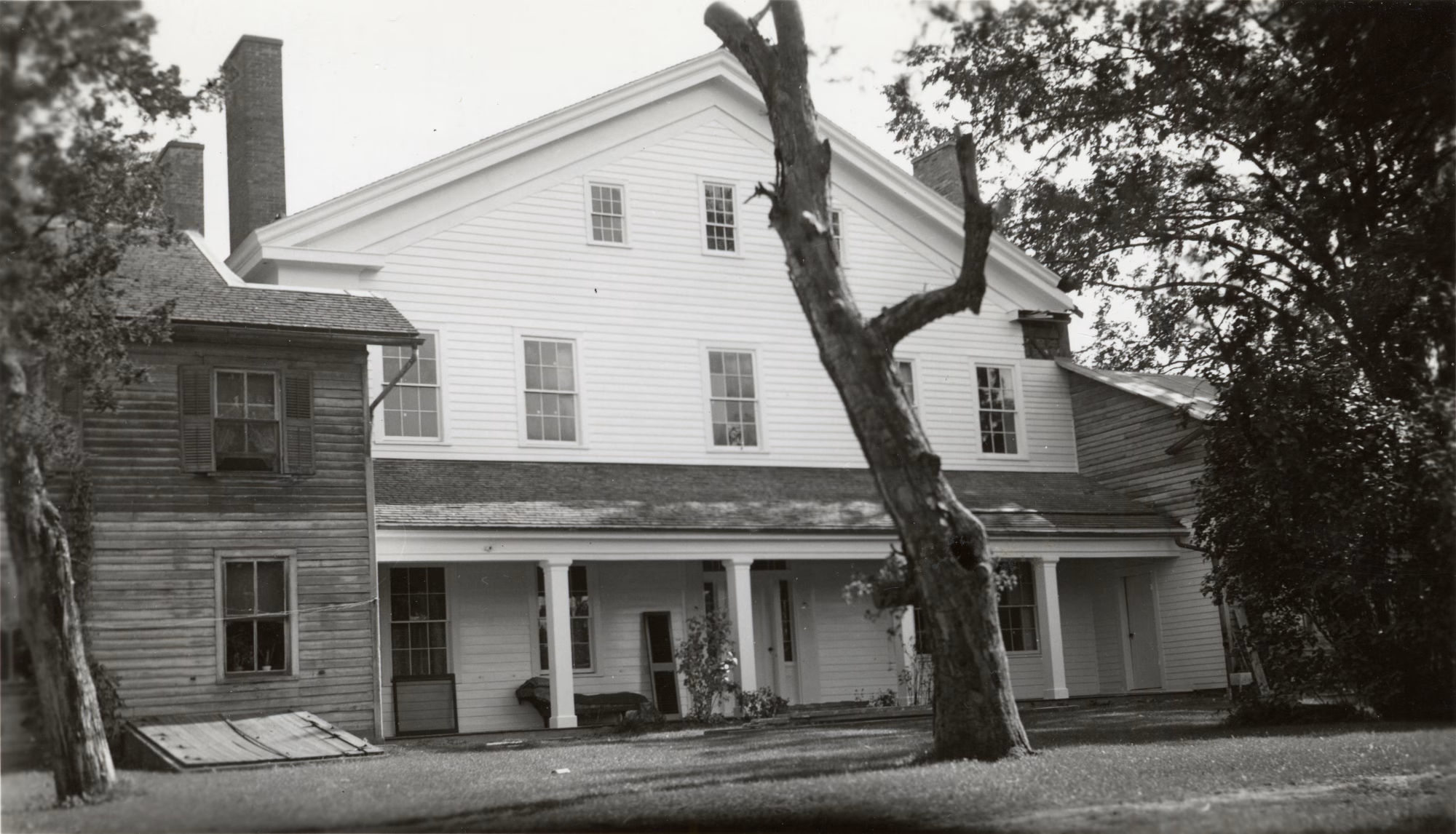
Emil Lorch made sure that in 1934, a group of architects surveyed Gordon Hall as part of the Historic American Building Survey (HABS), and in 1937, they surveyed the Huron Street House. Senator Royal Copeland, who was born and raised in the Dexter area, had become a U.S. Senator from New Jersey, but he never forgot his roots and was very active in the preservation of buildings in the area. In a January 13, 1938, letter, he wrote to Emil Lorch, asking him to make sure that Katharine knew about the poor condition of both the Huron Street house and Gordon Hall. Sadly, Royal Copeland died 6 months later, on June 17, 1938, and so we lost a strong believer in Dexter History. Even after a major attempt to save it by local historians, the Huron Street house was torn down in 1939.
Katharine’s purchase saved the hall, as she then hired Emil Lorch to renovate it completely. He immediately began hiring helpers and proceeded to meticulously repair the exterior of the hall and then do the same for the interior on the main floor.
Excitement was building in Dexter as the whole community prepared for the Centennial of the Railroad, which was to be held in 1941. There were plans made for every part of Dexter, from the railroad itself to carnival rides downtown, and also included an Open House at Gordon Hall. Local historian Flora Bostwick Smith made every effort to contact the known descendants of the Dexters, but we only know of a great granddaughter of Judge Dexter, Millicent Stannard Schray, and her daughter, Helen, who were at Gordon Hall as hostesses for the Open House.
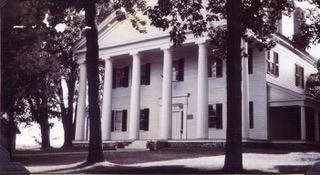
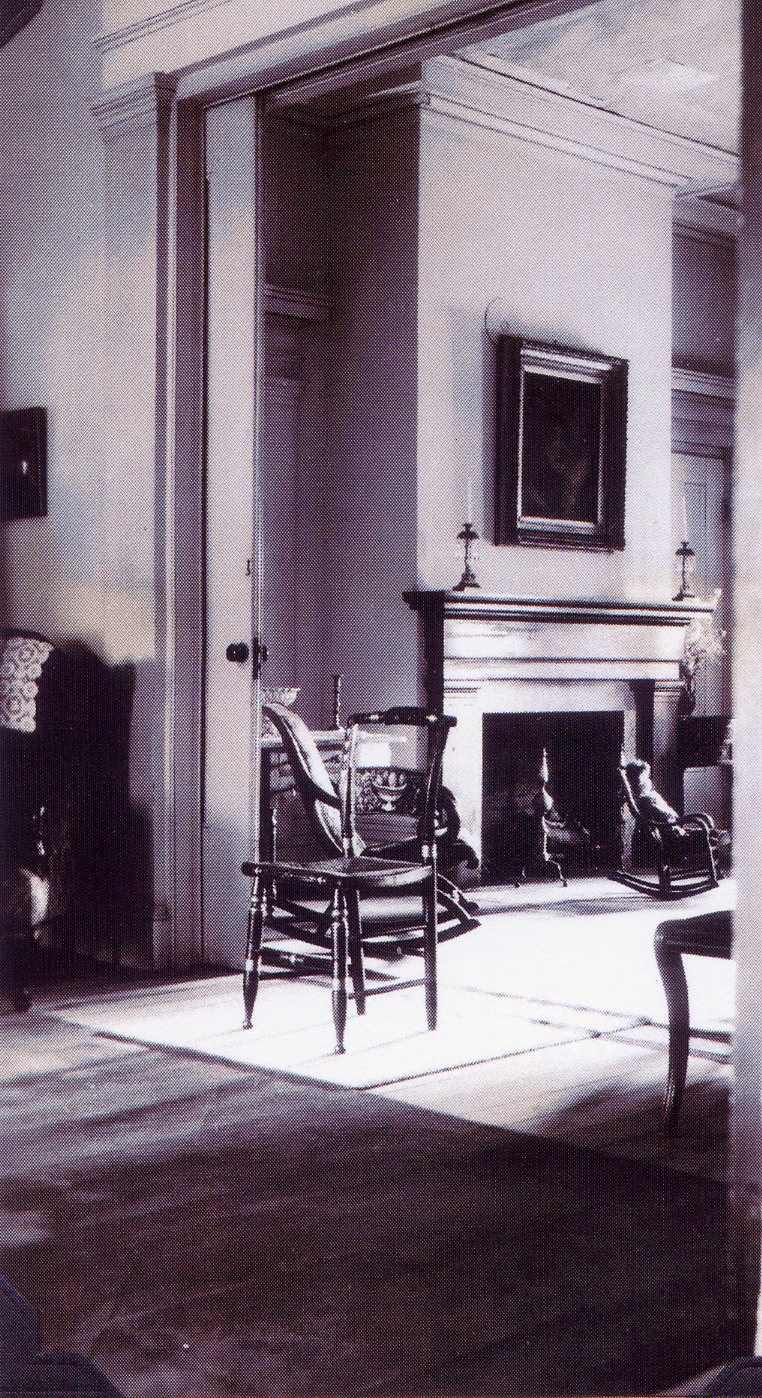
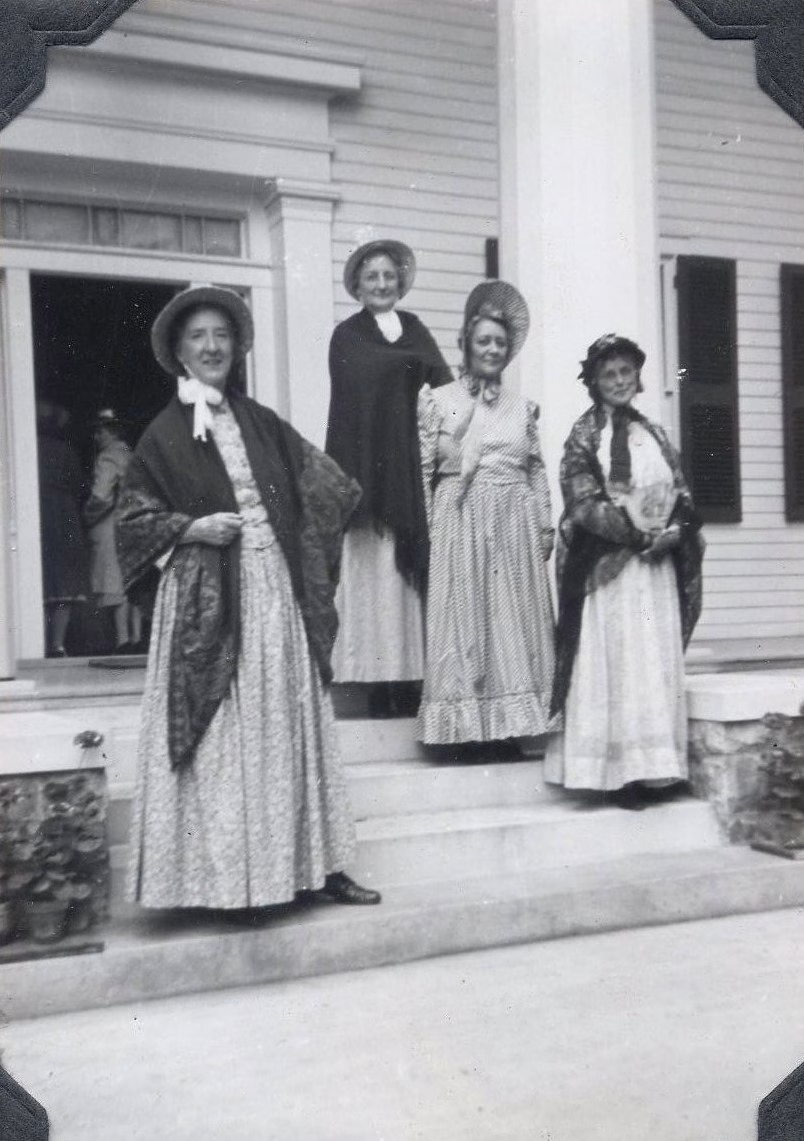
Although Millicent was raised here in Dexter, the family had moved to Lansing as her husband, Clarence, was the Post Master there. They often returned to Dexter in the Summer to go to the “Stannard summer home”. Other cousins of Katharine who were in contact with each other included Inez Godman in Massachusetts and Alice Bingham Winsor in California. Alice had received a letter from Inez in 1938 stating that she had heard that “someone interested in its history was going to buy the hall.”
After the grand Centennial event, Lorch continued his restoration, but with the onset of World War II, it became difficult to find help. Although we have many pictures from the celebration, there is nothing until 1950, with a few pictures showing the many changes made by the University.
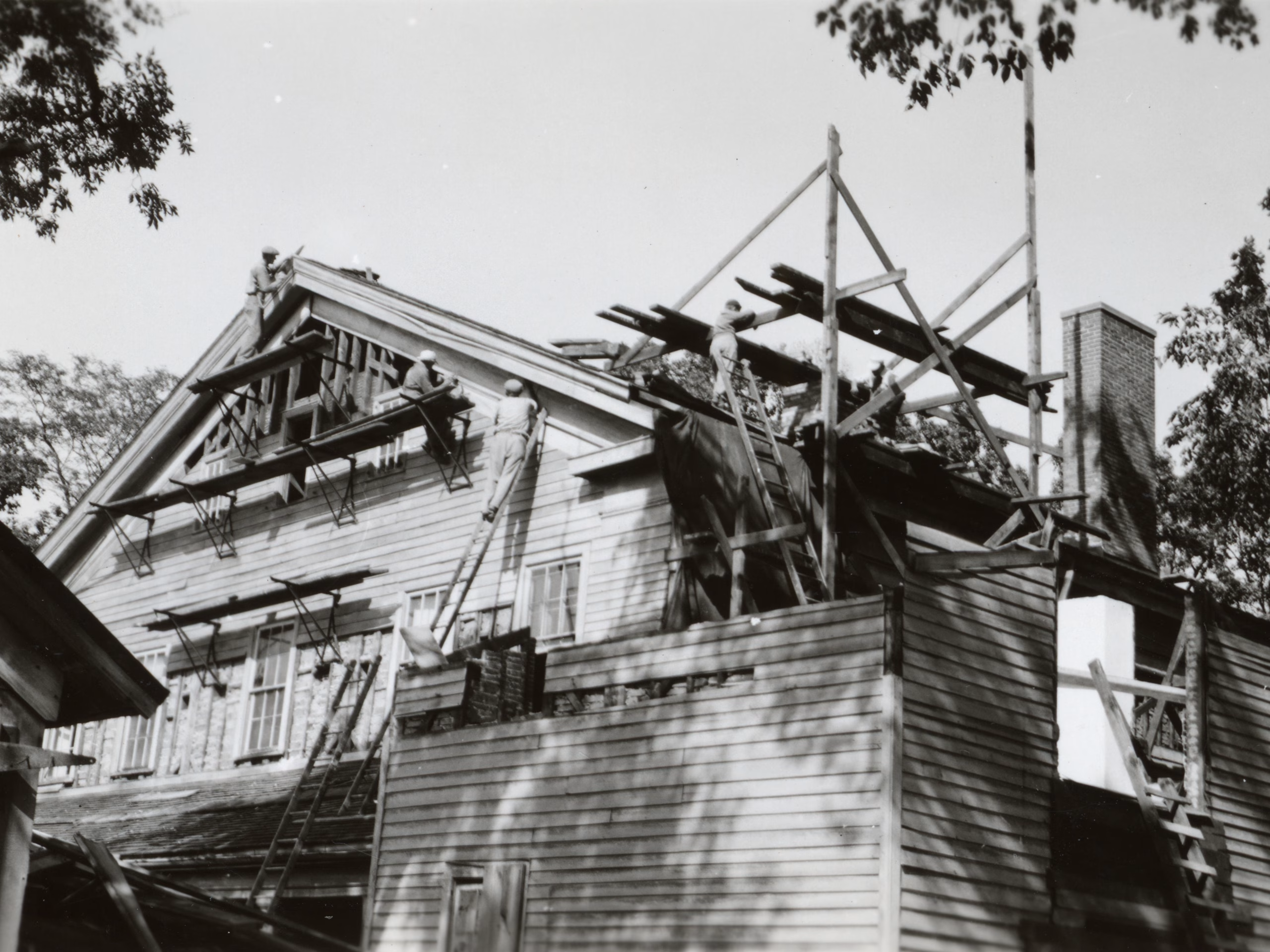


 8123 Main St Suite 200 Dexter, MI 48130
8123 Main St Suite 200 Dexter, MI 48130
